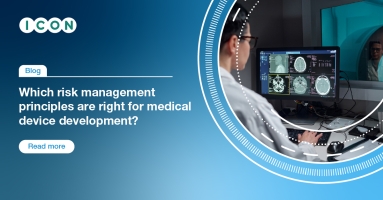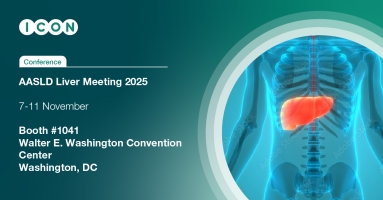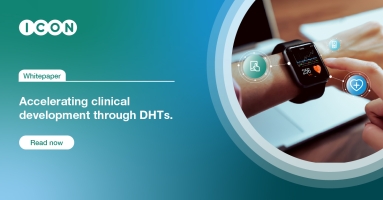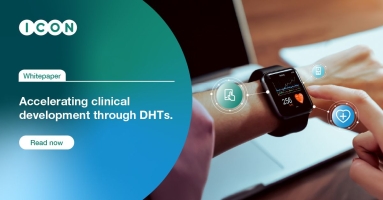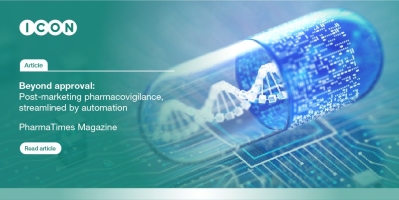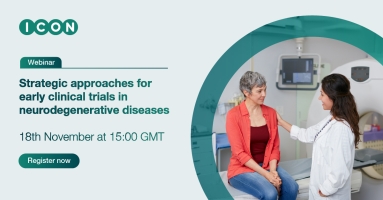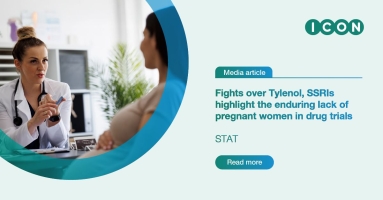In this new blog series, we review ISO 14971 (Application of risk management to medical devices) - its history, the principles embedded within it and how it relates to other standards and regulation. For the first editio...
- Home
- News & Events
- In the News
In the News
ICON experts frequently author or contribute to industry trade press.
Filter media
Filter media articles by either clicking within the ‘Category’ drop-down list, or begin typing which will automatically match to the nearest available category. Note - not all categories will display results if selecting a particular year.
-

What sets oncology biosimilars apart: Anticipating key challenges in the development landscape
Advancements in biologic therapies have greatly improved our ability to treat cancer over the last few decades — but are typically very costly. With patent expirations encompassing numerous notable oncology biologics, opportunities for oncology biosimilar development are abundant.
-

Early-phase study design considerations for long-term follow-up in vaccine clinical trials
ICON experts discuss why strategic early planning is key to long-term follow-up in vaccine trials—driving stronger protocols, regulatory alignment, and meaningful outcomes.
-

What’s evaluated in a stability study?
This article discusses the importance of stability programs in early clinical drug product development.
-

Embracing proactive multi-indication development for metabolic therapies
In this article, ICON expert , Alan Baldridge discusses how multi-indication development strategies are gaining traction, driven by successful trials across diverse diseases and the expansion of type 2 diabetes drugs into obesity and cardiovascular indications.
-

Mind the gap: The need for gender-specific outcome measurement
Women experience significantly more years of poor health than men due to delayed diagnoses and mischaracterized symptoms, despite living longer on average. This health disparity is rooted in systemic gaps in medical research and clinical trial design, particularly in how health outcomes are measured through Clinical Outcome Assessments (COAs).
-

Navigating global regulatory expectations for AI-enabled devices
Despite the increasing use of AI in medical devices and software as medical devices (SaMD), global regulatory authorities are playing catch up to develop appropriate submission channels.
Read the article in Med-Tech Insights.
-

Strategic Commercialisation of Multi-Indication Obesity Therapies: Balancing Early Access, Pricing, and Lifecycle Value
A 2025 survey of over 150 drug developers reveals that multi-indication development strategies have become central to the evolving cardiometabolic drug pipeline.
-

Survey of Obesity Developers Suggests Multi-Indication Approaches are Vital but Demanding
Following the rapid label expansion of drugs such as semaglutide and tirzepatide in recent years, drug developers have broadly adopted multi-indication strategies for obesity and related comorbidities. An ICON survey of 155 developers focused on these therapeutic areas reflects this growing trend.
-

Talking the talk
At ICON ensuring scientifically representative participation is not a stand-alone initiative, it’s embedded into every trial we support, shaping smarter, faster, higher-quality research. We start with the patient’s voice.
-

Plan, lead, deliver: A framework for regulatory writing success
This article in IBI highlights how strategic planning, leadership and coordination are critical to delivering high quality regulatory submissions with confidence and efficiency.
